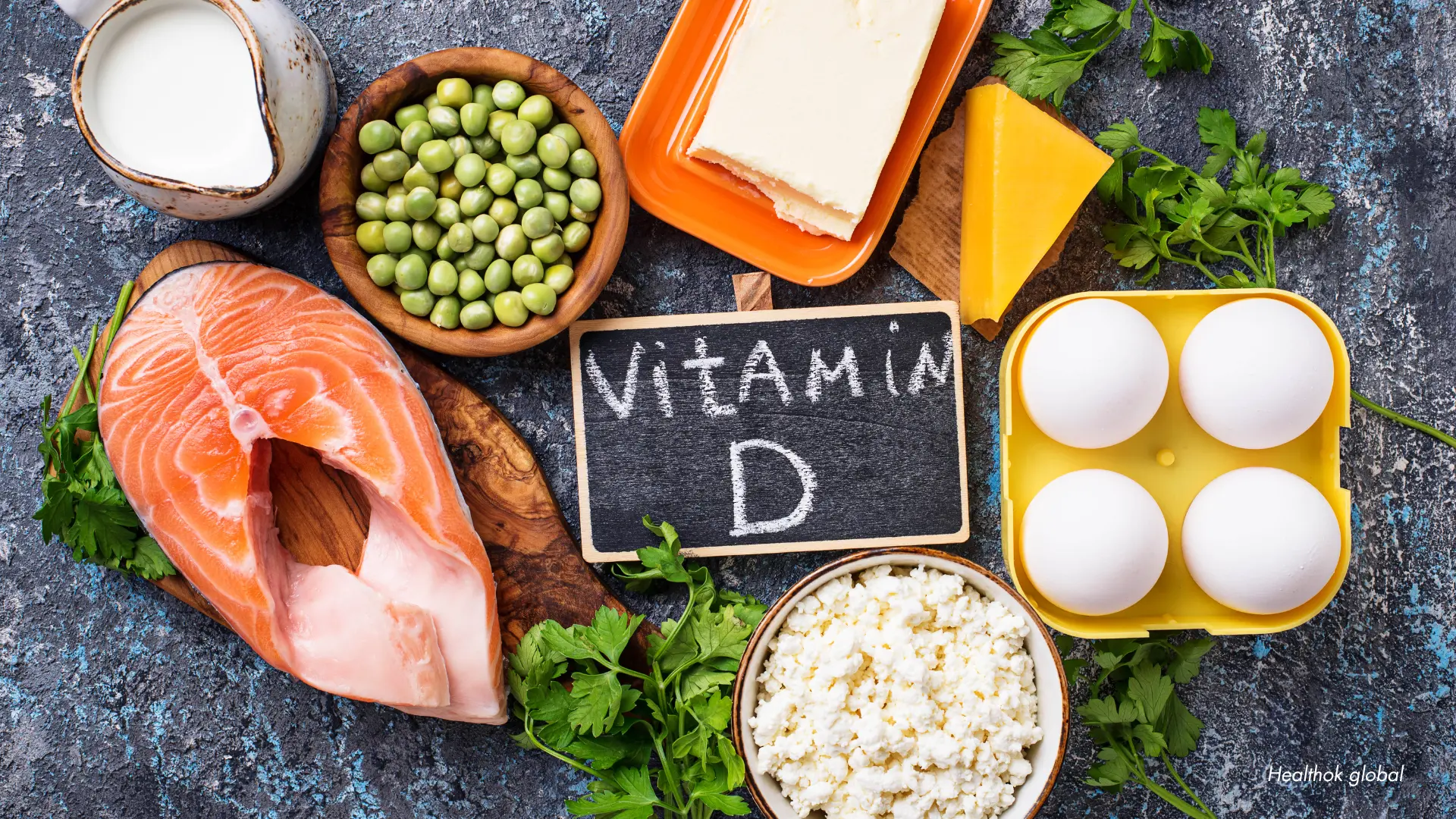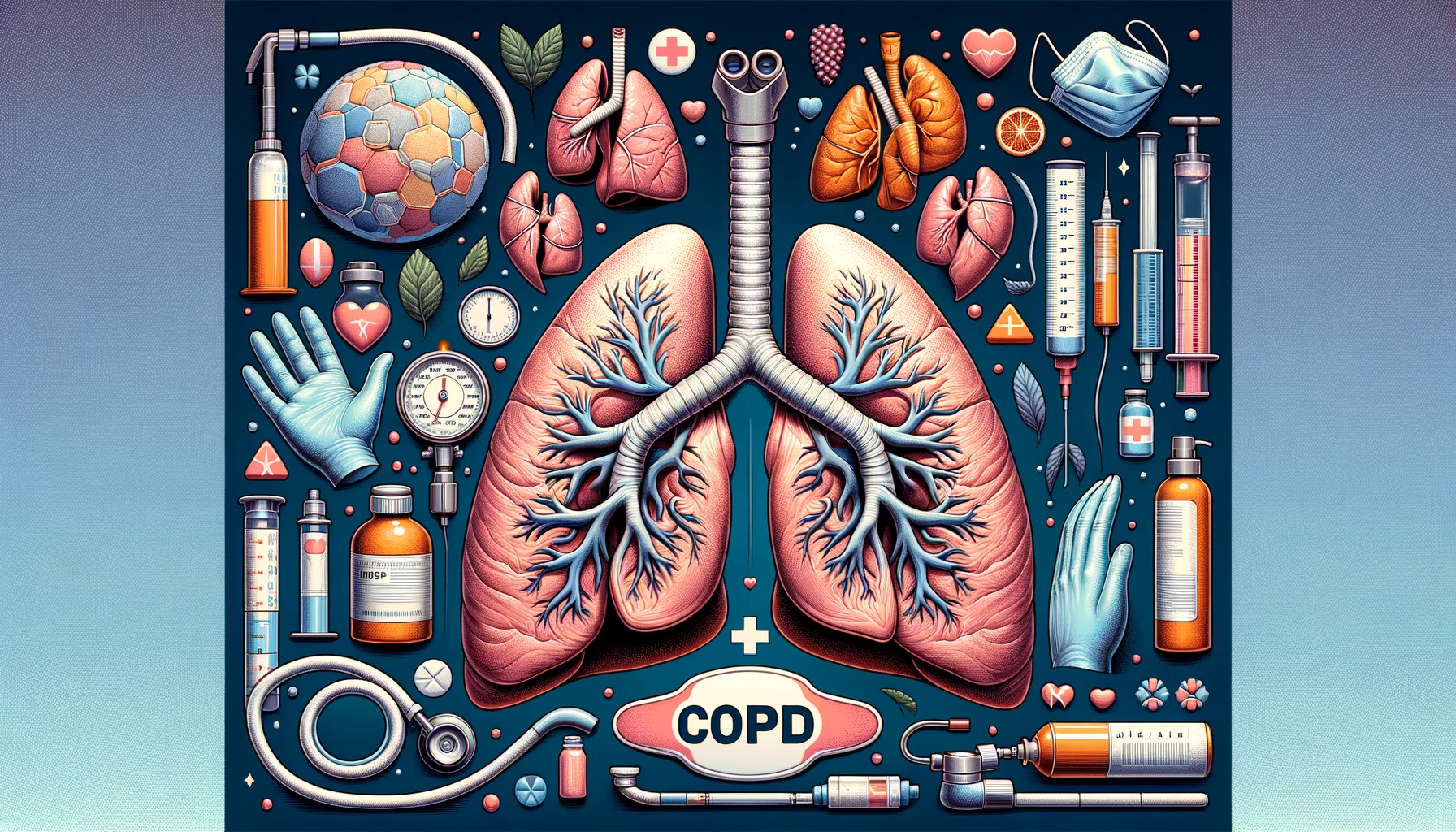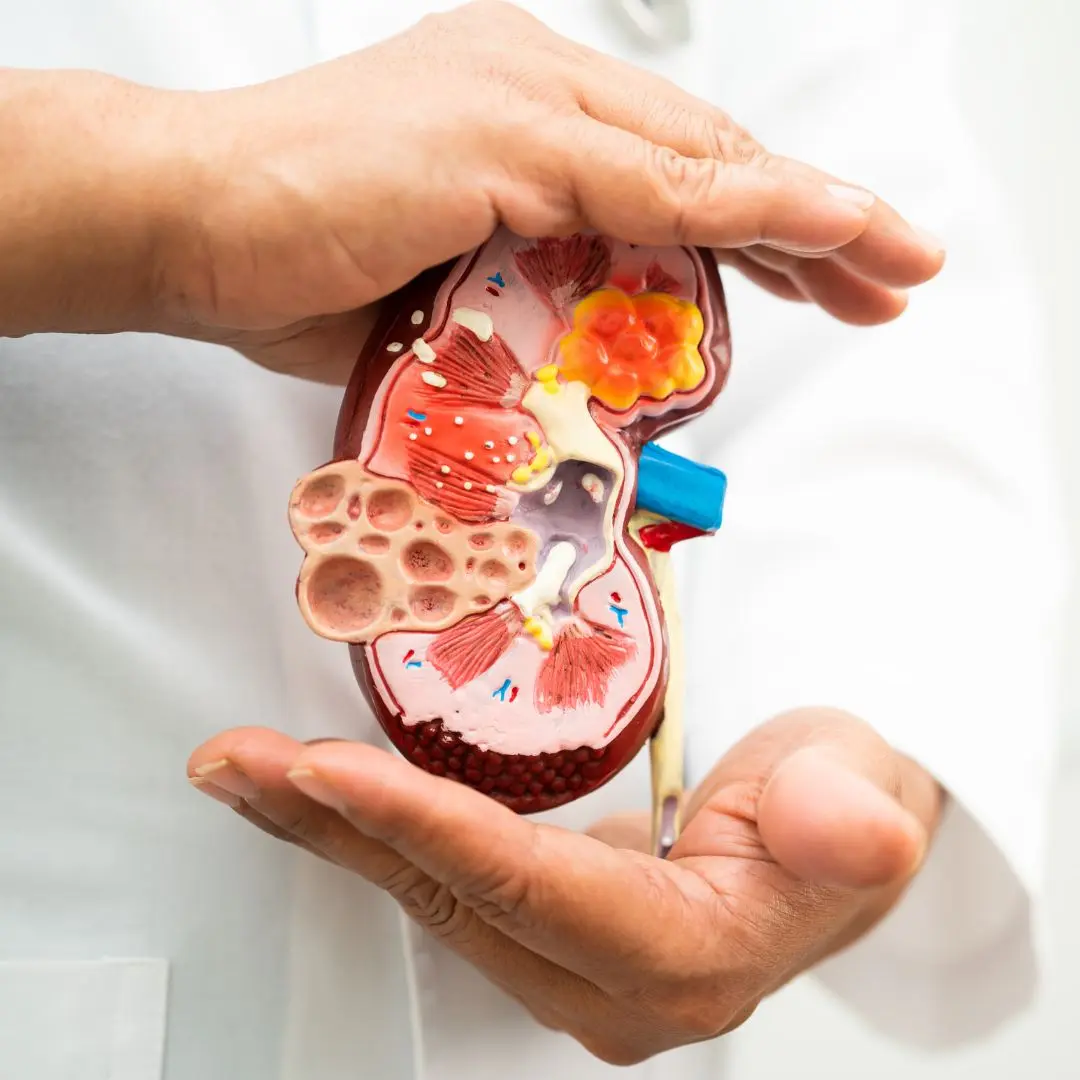Discover how Vitamin D deficiency impacts aging, its role in weight gain, bone health, and overall well-being, and explore effective strategies to restore optimal levels.

Blog
Vitamin D Deficiency and Aging: Causes, Health Risks, and Proven Solutions
Vitamin D, often referred to as the 'sunshine vitamin,' is essential for maintaining bone strength, immune function, and overall health. However, research shows that over 1 billion people worldwide suffer from Vitamin D deficiency, with aging populations being particularly vulnerable. This blog explores why Vitamin D levels decline with age, its associated health risks, and proven methods to combat deficiency.
Aging significantly reduces the body's ability to produce Vitamin D due to skin changes, decreased outdoor activity, and dietary habits. Studies by the National Institutes of Health (NIH) highlight that 40% of adults over 65 are Vitamin D deficient, increasing their risk of osteoporosis, cardiovascular disease, and falls. Factors like limited sun exposure and chronic health conditions exacerbate the problem.
Vitamin D deficiency symptoms can often go unnoticed but are detrimental to long-term health. Key signs include:
Persistent aches, bone pain, and muscle weakness are early signs of deficiency, increasing the risk of fractures and falls.
Low Vitamin D can cause fatigue, irritability, and even depression, particularly in aging adults with limited sun exposure.
A study in The Journal of Bone and Mineral Research found that Vitamin D supplementation reduced fall risk by 20% in older adults.
Low Vitamin D levels are linked to a variety of health risks, particularly in aging individuals and pregnant women. For instance:
Vitamin D deficiency in pregnant women is associated with gestational diabetes and preeclampsia, as highlighted in studies from the American Journal of Obstetrics and Gynecology.
Low Vitamin D contributes to hypertension and heart disease. A study by the British Medical Journal revealed that individuals with low Vitamin D had a 30% higher risk of cardiovascular events.
Emerging evidence shows a strong link between Vitamin D deficiency and weight gain. Researchers found that low Vitamin D levels can impair fat metabolism, leading to increased fat storage and difficulty losing weight. A 2022 study by the Endocrine Society found that individuals who corrected their deficiency lost 7% more body weight during weight-loss programs compared to those with persistently low levels.
Vitamin D plays a key role beyond bone health, with deficiency contributing to several other conditions:
Low Vitamin D levels can lead to hair thinning and slow regrowth, as the vitamin is vital for hair follicle health.
Deficiency has been associated with neurological issues like chronic dizziness and persistent headaches due to its role in brain function.
To address Vitamin D deficiency, consider these effective strategies:
Aim for 15-20 minutes of direct sunlight daily, particularly during mid-morning or late afternoon hours.
Include foods rich in Vitamin D such as salmon, tuna, egg yolks, and fortified cereals. According to the USDA, one serving of salmon provides over 100% of daily Vitamin D needs.
Consider supplements tailored to your needs. The Endocrine Society recommends 800-1000 IU daily for adults over 65, but consult a healthcare provider for personalized dosages.
While supplements are effective, it's important to balance intake to avoid toxicity. Research suggests that Vitamin D levels should ideally remain between 30-50 ng/mL. Consult with healthcare professionals for testing and customized recommendations based on age, gender, and lifestyle.
Meet Susan, a 68-year-old retiree who struggled with chronic fatigue, muscle pain, and weight gain. After being diagnosed with severe Vitamin D deficiency (12 ng/mL), Susan began daily supplementation combined with increased sunlight exposure. Within 6 months, her levels rose to 35 ng/mL, her energy improved, and she lost 8 pounds, showcasing the power of addressing deficiency early.
Vitamin D deficiency is a growing concern, particularly among aging adults, with far-reaching implications for bone health, weight management, and mental well-being. Recognizing the symptoms, understanding associated risks, and implementing effective strategies—such as sunlight exposure, dietary changes, and supplements—can help combat deficiency. Personalized medical advice ensures safe and lasting improvements, promoting a healthier, more vibrant life as we age.
HealthOK Global offers comprehensive elderly care services to ensure the dignity and safety of seniors. Our expert caregivers provide personalized support, from routine health checks to emotional well-being assistance. Contact our FREE 24 x 7 Healthcare Helpline at +91-8047190955 for immediate support and assistance.
Stay connected with us and never miss an update by following us on social media! Our social channels are the perfect place to get the latest news, expert tips, and exclusive insights tailored just for you. Whether you're looking for health advice, product updates, or inspiring stories, we’ve got it all. Join our growing community on platforms like Whatsapp Facebook , LinkedIn and Instagram and be part of the conversation. Click the follow button today and stay informed, inspired, and engaged—right at your fingertips!
Aging significantly reduces the body's ability to produce Vitamin D due to skin changes, decreased outdoor activity, and dietary habits. Studies by the National Institutes of Health (NIH) highlight that 40% of adults over 65 are Vitamin D deficient, increasing their risk of osteoporosis, cardiovascular disease, and falls. Factors like limited sun exposure and chronic health conditions exacerbate the problem.
Vitamin D deficiency symptoms can often go unnoticed but are detrimental to long-term health. Key signs include:
Emerging evidence shows a strong link between Vitamin D deficiency and weight gain. Researchers found that low Vitamin D levels can impair fat metabolism, leading to increased fat storage and difficulty losing weight. A 2022 study by the Endocrine Society found that individuals who corrected their deficiency lost 7% more body weight during weight-loss programs compared to those with persistently low levels.
Need Personalized Health Guidance?
Get expert advice tailored to your specific health needs from our qualified healthcare professionals.





